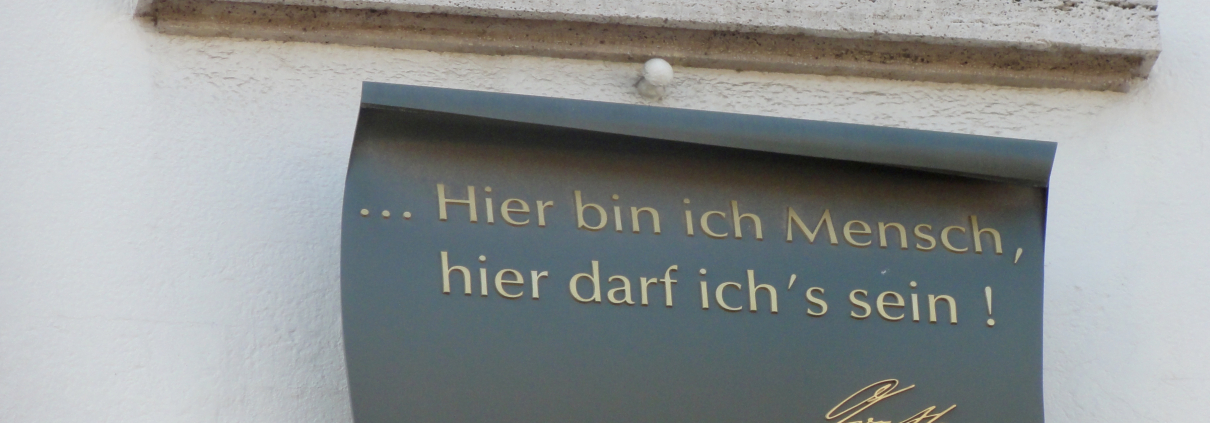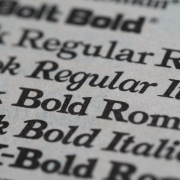Did you know? Rhetorical devices
As a trained linguist (I originally studied English and Spanish philology before I ended up in internal communications 25 years ago …) I’ve always found rhetorical devices the goldmine for creating emotional connection in my communication.
Using rhetorical techniques are a powerful and manipulative strategy that can benefit your speech big time. They convey meaning, provoke a response or persuade in a debate. You’ve probably used some of them before without ever thinking about it.
The rhetorical question is a good example:
“Are we doing the right thing?”
”Can you imagine that?”
“Isn’t that incredible?”
“Want to see that again?”
“Pretty cool, huh?”
Often asked to an audience in order to get them thinking seriously about the question and its implications – but without expecting an answer. The goal is to facilitate a discussion.
Here are my 10 favorite rhetorical devices. Don’t just read the article – try inserting a few of them in your next speech!
1. Alliteration
Repeating the initial letter of a word:
“They are part of the finest fighting force that the world has ever known. They have served tour after tour of duty in distant, different, and difficult places” – Barack Obama
2. Amplification
Building on a word, phrase or sentence, evoking a sense of urgency and intensity:
“They want a perfect house in a perfect neighborhood”
3. Anaphora
Words repeating at the beginning of successive phrases or sentences:
“As you know, we’ve got the iPod, best music player in the world. We’ve got the iPod Nanos, brand new models, colors are back. We’ve got the amazing new iPod Shuffle” – Steve Jobs
4. Assonance
Repeating a vowel sound in a sentence:
“I feel the need, the need for speed” – Tom Cruise in ‘Top Gun’
5. Chiasmus
Reversing the word order in the second of two parallel phrases or sentences to invoke powerful emotion:
“Ask not what your country can do for you—ask what you can do for your country” – John F. Kennedy
6. Euphemism
Substituting an unpleasant phrase with a more pleasant one to make it sound nicer (or not hurt somebody’s feelings):
“I’m not bossy – I’m outspoken!”
7. Hyperbole
Exaggerating a description for emphasis:
“Red Bull gives you wings” – Red Bull advertising slogan
8. Onomatopoeia
Imitating the natural sounds of a thing. The mimicking sound effect makes the description more expressive and interesting:
“The gun went bang!”
9. Simile
Explicitly comparing two (unalike) things, usually using “as” or “like”:
“You’re as cold as ice” – Foreigner
10. Metaphor
Comparing two things that aren’t alike but do have something in common. Unlike a simile, where two things are compared directly, a metaphor’s comparison is more indirect, usually made by stating something is something else. A metaphor is not meant to be taken literally. You’ll have to find the deeper meaning of it:
“Love is a battlefield” – Pat Benatar








